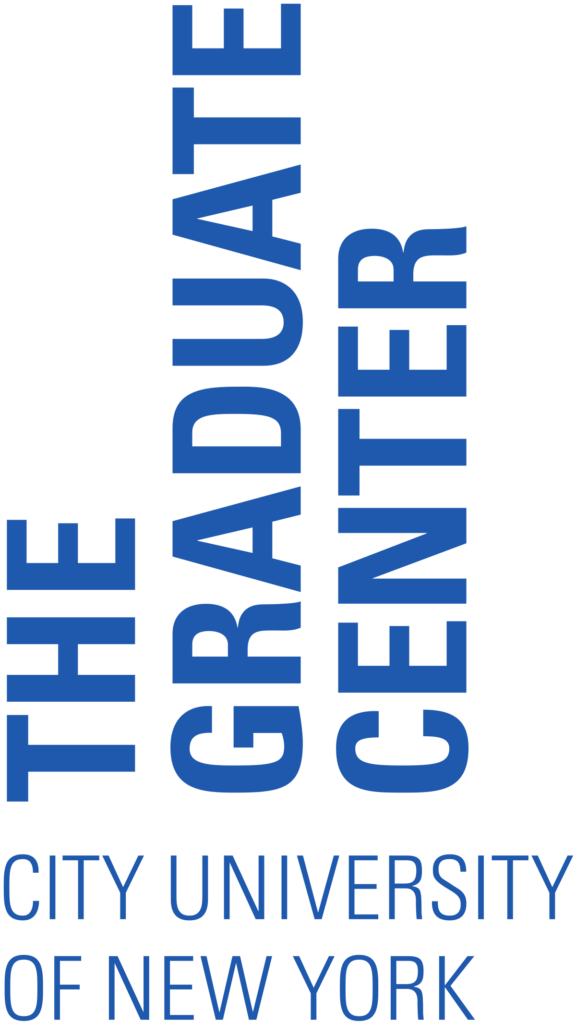This section of the website provides two assignments that can be used in-class (while teaching in-person or in an online/hybrid modality), and a final assignment that can be used as a mid-term or a final paper, which also includes the grading rubric. Both exercises allow students to critically reflect on the materials that have been covered in class (both readings and audiovisuals), focusing on remember, understand, and analyze (Bloom’s Taxonomy).

Bloom’s Taxonomy (2001)
Center for Instructional Technology and Learning – University of Florida
1- Think-Pair-Share (4 small sub-groups) Class Discussion/Reflection
A- In-Person
After watching these documentaries, students will be broken into 4 small sub-groups. The instructor will provide each sub-groups with one index card with the one of the following concepts: production, exchange, consumption, power. The instructor will give them 10 minutes to discuss and reflect on the documentaries, along with the concept that was handed to them as a sub-group. After the breakout groups have exhausted their 10 minutes, they will come to the chalkboard and write down their definition (after reading beforehand the materials assigned for this lesson), and a few examples of how this concept is applied in the documentaries they watched in class. After each subgroup completes the exercise, we will have a discussion with the whole class, along with highlighting connections between authors and concepts, including coffee culture and political economy.

Festal Paleo Cafe
Image by Joseph Torres-González
Photo taken at Vancouver, British Columbia, Canada (2019)
B- Online/Hybrid – Padlet
Padlet is an online collaborative platform/pedagogical tool that allows multiple users to interact in real-time. It is accessible via their website or by using the provided link for this lesson module. Padlet provides the opportunity for students and instructors to interact by seeing what their colleagues are posting, and adding comments/pictures/links that will enrich collaboration, and class discussion. The information generated in this class exercise will be accessible for future reference and can be used as a template for other educational modules.
2- Blog Post/Forum Discussion
This part will foster interaction between students and the faculty member teaching the course. Each student will post (be that on Blackboard/Canvas or any other Learning Management system used by the institution) a brief comment on the readings/audiovisual resources assigned for the lesson. In the forum post, students will write comments regarding observations from what the authors are presenting in the readings, connections between the audiovisual resources and the readings, or comments on the lecture.
Students may use 3 sentences at the beginning or end of the post to discuss personal connections or responses to the materials—if they liked it, hated it, or reminded them of something their life, etc. The rest of the post should respond in a considered and scholarly way to the materials. Students can also include the following: Write and present something new: a screenshot of a Tweet, a link for a news article, a video that is related to our course themes, a photograph, and include with this your own analysis, considering and responding to the prompt questions.
Prompt Questions for lesson:
1- In your own words, what is “Economic Anthropology”?
2- What are the relationships between food and power?
3- How is coffee an analytical tool that can help us understand various social interactions?
3- Documentary Analysis (Mid-term or Final assignment)
For this assignment, students will integrate their critical reactions towards the documentaries seen in class, and similar to the Think-Pair-Share exercise, they will be integrating an analysis of concepts discussed in class in relationship to the reading materials assigned. Students will have the flexibility of selecting a handful of concepts they want to analyze from the list provided in the template, along with selecting the documentaries of their preference. This assignment, which can be used as a mid-term or final paper, also gives the student an opportunity to engage critically with the major themes discussed in class, along with providing their own perspective on the audiovisuals and their connections with the theoretical concepts covered during the lesson.
Documentary Analysis Template – ITP4- Reflective Paper Exercise (Final Assignment)
Inspired on Jesse Stommel (2021), and his pedagogical approach called “Ungrading” students will have an opportunity to reflect on their contributions, work, and interactions during the academic session. This final paper (a low-stakes assignment) provides the room to reflect on the pedagogical approach of the course, including student feedback, and it allows both the student and instructor the room for an introspection, to talk/write about the most impactful lessons and topics of the academic session, and most importantly, for students to acknowledge their strengths.This exercise can be applied in both Hybrid and In-person classroom contexts.
Final Reflection Instruction


